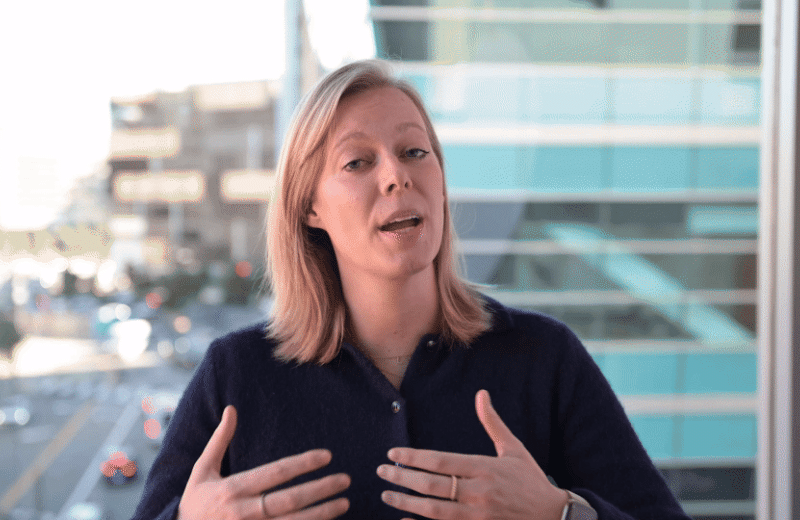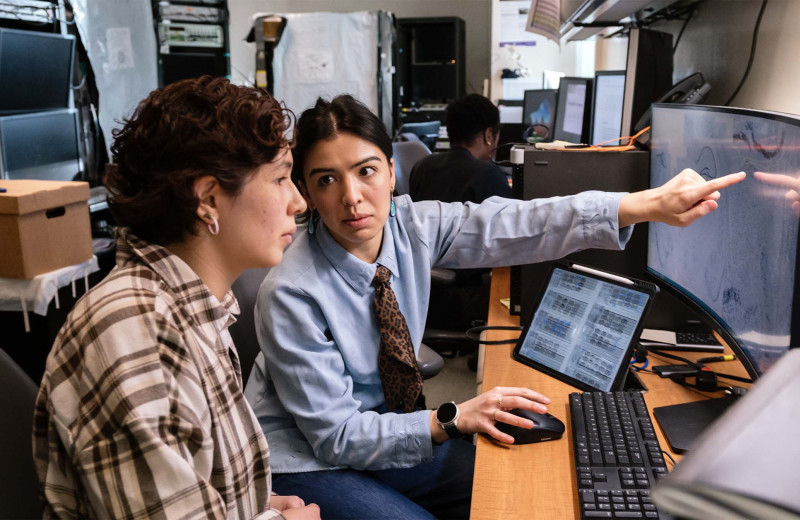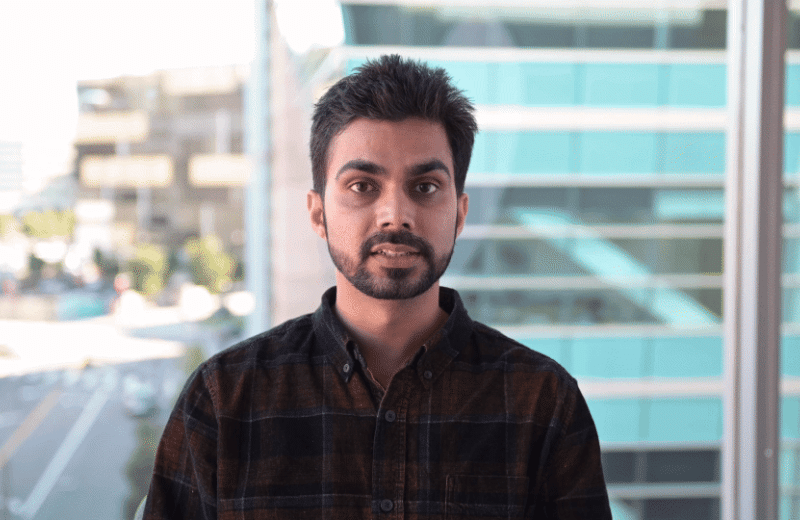Gladstone NOW: The Campaign Join Us on the Journey✕

The Responsible Conduct of Research seminar series covers a variety of topics, including data management, authorship principles, and human subjects research.
The HeLa cell line is the oldest and most commonly used cell line in scientific research. It was used to create the polio vaccine. This cell line was derived in 1951 from the cervical cancer cells of a patient named Henrietta Lacks. Lacks’ story was popularized in the 2010 book The Immortal Life of Henrietta Lacks, which was later turned into a movie.
The book raised many ethical issues around cultivating Lacks’ cells and using them for scientific research. The cells were taken without Lacks’ consent, a practice that was common at the time.
Today, scientists are being trained to think about the ethical implications of their research early and often. Responsible Conduct of Research is an educational program and requirement from the National Institutes of Health (NIH) and the National Science Foundation (NSF).
Scientists that submit grants to the NIH or NSF are required to complete 8 hours of training every 4 years or anytime they change status, for instance from grad student to postdoc, or postdoc to investigator. Many Responsible Conduct of Research programs offer training that can be completed in a compressed timeframe, over a few weeks or semester.
When Sudha Krishnamurthy, BDS, PhD, director of Gladstone’s Office of Postdoctoral and Graduate Student Affairs, decided to create an in-house Responsible Conduct of Research program at Gladstone, she had something else in mind.
“Science is changing so rapidly,” said Krishnamurthy. “Keeping a continual open conversation around ethics is important.”
Krishnamurthy’s scientific background is in cancer biology, and she is keenly aware of the ethical issues that were never addressed in developing the HeLa cell line.
“Often we think about the repercussions of science much later,” said Krishnamurthy. “We catch up and realize all the ethical implications we may have never considered. I want the trainees here at Gladstone to be asking these questions every day as they are working with their science.”
Krishnamurthy designed a program that went beyond just the minimum NIH requirements. Instead of a self-contained, 8-hour course offered every 2 years, she created a continual, ongoing training program. Courses are offered every 2 months. So, scientists can continue their education even after they have fulfilled the required 8 hours of training.
The NIH recommends a list of topics to cover, such as conflict of interest, authorship responsibilities, and data management. Gladstone offers these courses and some additional, more unique courses. One of those, Bioethics in Scientific Research: Conversations in CRISPR, has particular relevance at Gladstone, where many scientists use this technology and have been vocal in the public debate around the ethical implications of CRISPR.
In addition to the bimonthly courses, each lab is required to watch and discuss a short interactive film, “The Lab: Avoiding Research Misconduct,” produced by the Office of Research Integrity in the U.S. Department of Health & Human Services.
In this video, viewers become lead characters who face ethical dilemmas and have to make decisions about integrity in research. Watching this video as a lab has been crucial in opening the dialogue between grad students, postdocs, principal investigators, and other lab members. It has created the space for conversations that may not have taken place otherwise.
Krishnamurthy has received overwhelmingly positive feedback on the new programming. Gladstone President Emeritus Robert Mahley, MD, PhD, has been to almost every workshop. “The workshops have been very productive,” said Mahley. “It doesn’t matter what stage in your career you’re in. We all have something to learn from these seminars. I’ve been encouraging my lab members and fellow investigators to attend.”
In addition to bringing in outside speakers, Krishnamurthy also taps into the expertise that exists within Gladstone. Gladstone Senior Investigators Benoit Bruneau, PhD, and Katie Pollard, PhD, led a workshop on authorship principles. Senior Director of Gladstone’s corporate liaison and ventures team Kevin Mullane, PhD, covered the importance of rigor and reproducibility in experiments. And most recently, Senior Investigator Bruce Conklin, MD, teamed up with UC San Francisco’s Barbara Koenig, PhD, RN, to lead a conversation on human subjects research and its ethical implications.
“Having these conversations around scientific ethics is incredibly important,” says Conklin, who is also a professor of medicine, cellular and molecular pharmacology, and ophthalmology at UC San Francisco. “We’re training tomorrow’s leaders and we want to ensure that they have all the tools they need not only to do great science but to do it with integrity.”
Krishnamurthy wants Gladstone to prepare grad students and postdocs for the future dilemmas they may face. She knows Gladstone can’t give them all the answers, but it can at least provide them with a framework for how to address these issues.
“I think even with the best intentions, missteps are possible if you are not aware of certain nuances,” says Krishnamurthy. “That is why I’m passionate about ensuring that we provide our community with the tools not just to be the most accomplished scientists, but also to reflect upon the implications of their work, so they can become true leaders in their fields.”
Want to Join the Team?
Our people are our most important asset. We offer a wide array of career opportunities both in our administrative offices and in our labs.
Explore CareersMeet Gladstone: Alisa Dietl
Meet Gladstone: Alisa Dietl
Alisa Dietl brings her international training and clinical perspective to Gladstone, where she works to engineer more effective cancer immunotherapies for solid tumors.
Graduate Students and Postdocs Profile Cancer Pelka LabVoices of Outstanding Mentorship
Voices of Outstanding Mentorship
Three recipients of Gladstone’s Outstanding Mentoring Award share their personal approaches to mentorship and reflect how this passion has shaped their own growth as leaders.
Profile Roan Lab Graduate Students and PostdocsMeet Gladstone: Shyam Jinagal
Meet Gladstone: Shyam Jinagal
Shyam Jinagal explores how genetics, aging, and regeneration shape the heart—and how those insights could one day restore heart function after injury.
Graduate Students and Postdocs Profile Cardiovascular Disease Srivastava Lab



